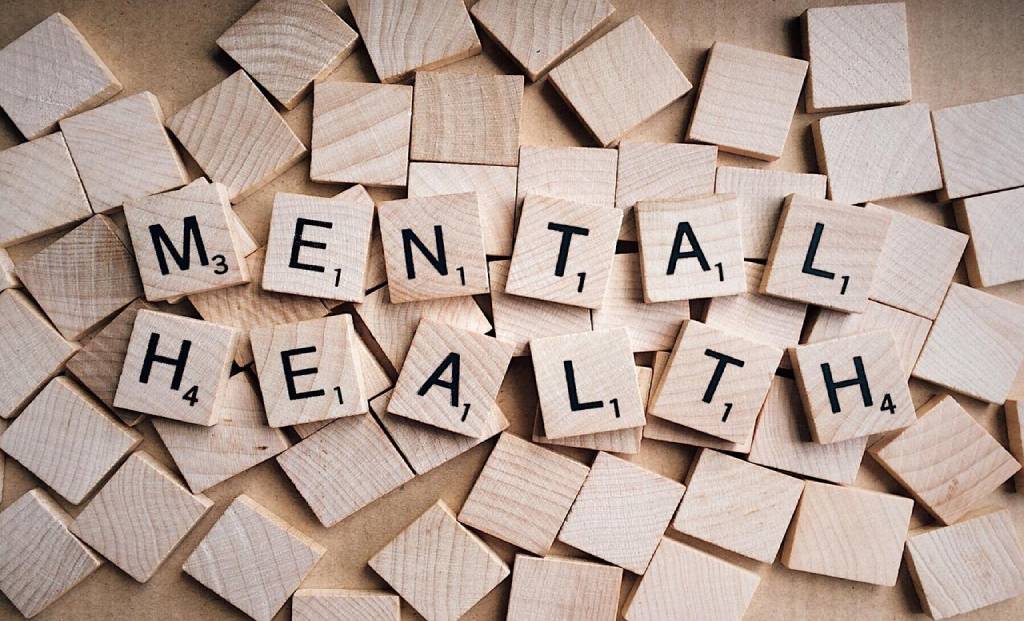Dr. Jatin Tarwani Highlights the Interplay Between Substance Abuse and Psychological Well-being
International Day against drug abuse provides a crucial opportunity to bring attention to a significant public health issue. According to a comprehensive Pan-India study conducted in 2018, nearly 80 million individuals in India require professional help for drug abuse and addiction.
The Interplay Between Substance Abuse and Mental Health
The problem of drug abuse is not isolated but rather intricately connected to mental health problems through various pathways. Psychological issues can serve as precursors to substance use, acting as a coping mechanism or a means to escape from life’s disappointments. However, this temporary relief often leads to a vicious cycle where the underlying problems resurface later.
Mental Health Consequences of Substance Abuse
Using substances can also have profound consequences on mental health. These consequences can result from direct changes in brain physiology due to substance use or indirectly due to the stressors associated with personal, family, social, occupational, financial, academic, or physical challenges. Family and social problems often lead to a loss of respect, trust, and frequent conflicts.
Occupational or academic problems manifest as a loss of interest and frequent dropouts. These issues can occur not only after long-term substance use but also after a single instance of drug abuse. Common mental health problems associated with drug abuse include depression, anxiety, guilt, shame, regret, impulsivity, violence, forgetfulness, sleep disturbances, and psychosis.
The Need for Prevention and Early Intervention
In some cases, individuals caught in the cycle of substance abuse find themselves trapped, unable to seek effective treatment. This desperate situation can lead to a vicious cycle of substance consumption and unsuccessful attempts to quit, sometimes resulting in death by suicide. The toll on mental health associated with drug abuse is profound and must not be underestimated.
Prevention is undeniably the best policy. Equipping individuals with life skills and values from a young age, fostering warmth within families and social circles, and promoting stress-free work environments can significantly contribute to the prevention of psychological problems.











